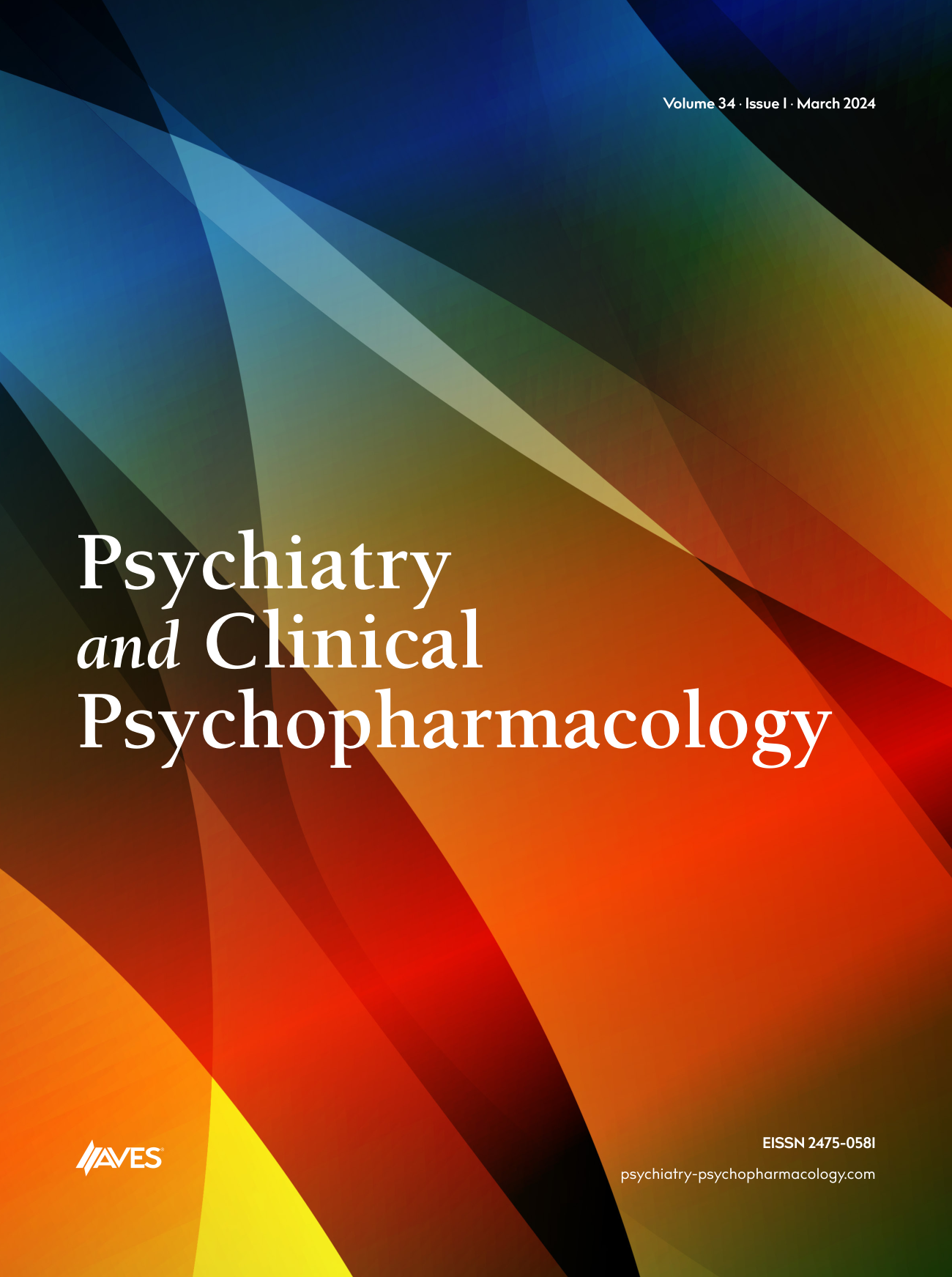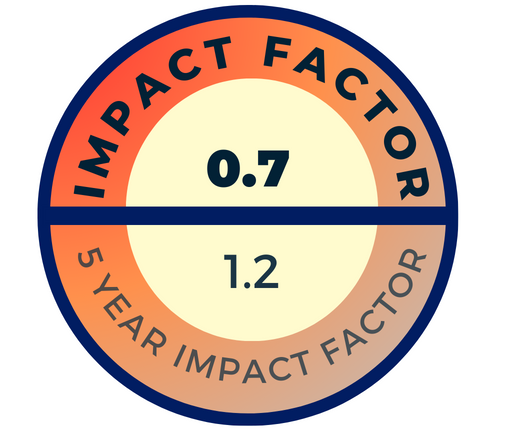Objective: Several groups of medications, such as dopamine blockers, analgesics and antihistaminergics were associated with restless legs syndrome (RLS). Although case reports showed some significant relations, they have many methodological limitations such as co-medications or medical co-morbidities. The aim of this study was to investigate the prevalence and severity of RLS in patients on antidepressant (AD) or antipsychotic (AP) monotherapy.
Methods: One hundred and ninety-seven patients and 150 healthy controls were included in the study. RLS was diagnosed according to the International Restless Legs Syndrome Study Group (IRLSSG) criteria. The severity of RLS was evaluated according to IRLSSG rating scale. Participants diagnosed with RLS went under further neurological and psychiatric investigation for excluding secondary causes.
Results: One hundred and twenty patients (60.9%) were on AD therapy, while 77 patients (39.1%) were on AP monotherapy. Thirty-two patients (16.2%) and seven controls (4.7%) were diagnosed with RLS according to IRLSSG criteria. The most frequent cause of RLS was quetiapine (28.5%) in the antipsychotic group and paroxetine (22.2%) in the antidepressant group. There was no statistically significant correlation between drug usage duration and RLS severity.
Conclusion: AD or AP induced RLS is a common condition. ADs and APs should be considered as a cause for RLS when assesing RLS in psychiatric patients who are under treatment either of these medications.



